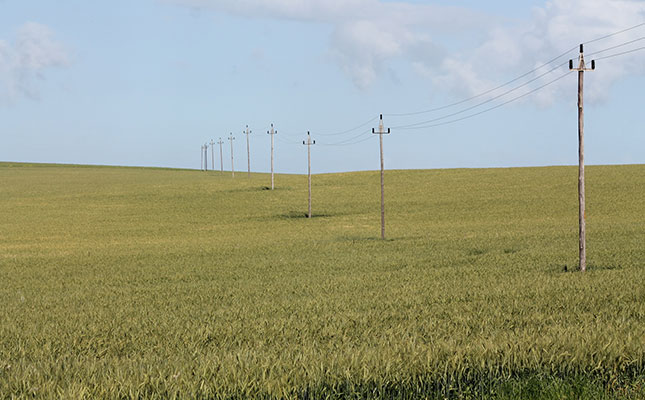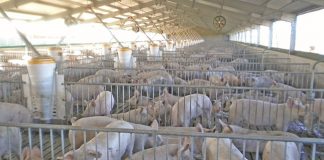
Photo: Denene Erasmus
The National Energy Regulator of South Africa (NERSA) recently announced that it would allow power utility Eskom to recover R13,3 billion from customers for electricity supplied in the 2018/2019 financial year.
However, according to Mamello-Matikinca Ngwenya, chief economist at FNB Wealth and Investments, there was still uncertainty about how and when electricity tariffs would be increased to raise this amount.
READ Diesel to be rationed in South Africa until the end of May
Commercial farmers organisation Agri SA reacted to the announcement that was made by NERSA, saying that the expected increases in the costs of electricity would place tremendous liquidity pressure on agricultural enterprises, given that electricity constituted a significant proportion of their variable costs, the statement said.
According to Agri SA, official figures from the Department of Agriculture, Land Reform and Rural Development showed that agriculture’s expenditure on electricity in 2019 amounted to approximately R7,4 billion.
“In terms of electricity, we lobby to mitigate electricity and fixed cost tariff increases, while we have made significant strides in opening up regulations for the use of renewable energy in agriculture,” Agri SA said in a statement.
Dawie Maree, head of information and marketing at FNB Agriculture, said that as price-takers, farmers were not able to pass increases in input prices on to consumers.
This was specifically the case for intensive farming industries, such as poultry, pork, dairy production, as well as all irrigated crops, and cold chain-dependent industries, he said.
For this reason, according to Maree, the increase in tariffs will negatively affect producers’ profitability.












